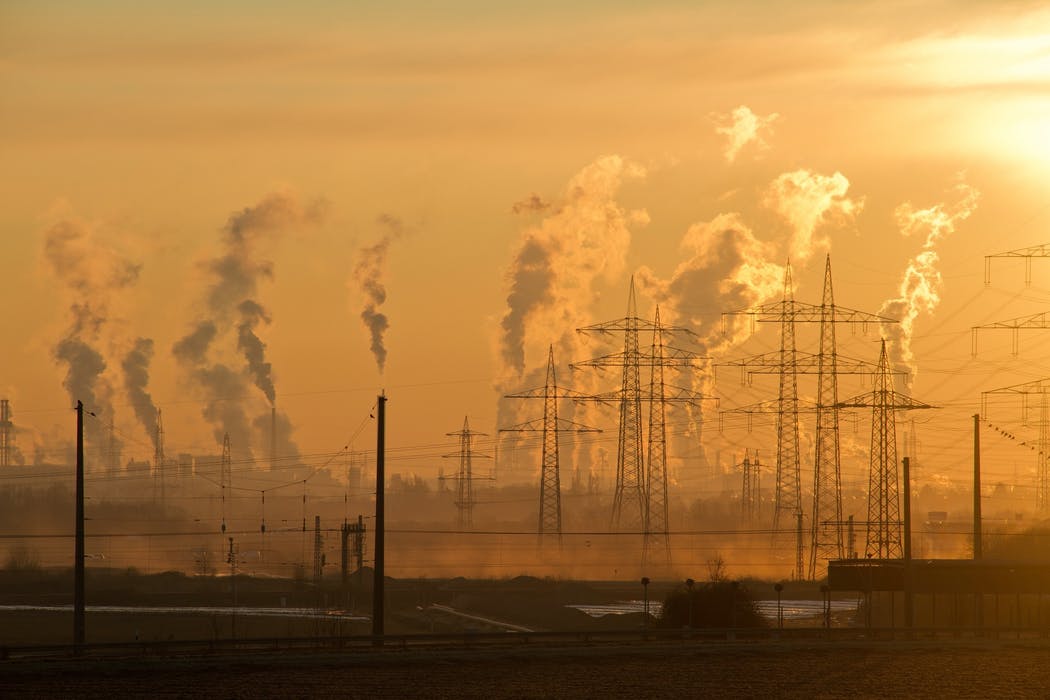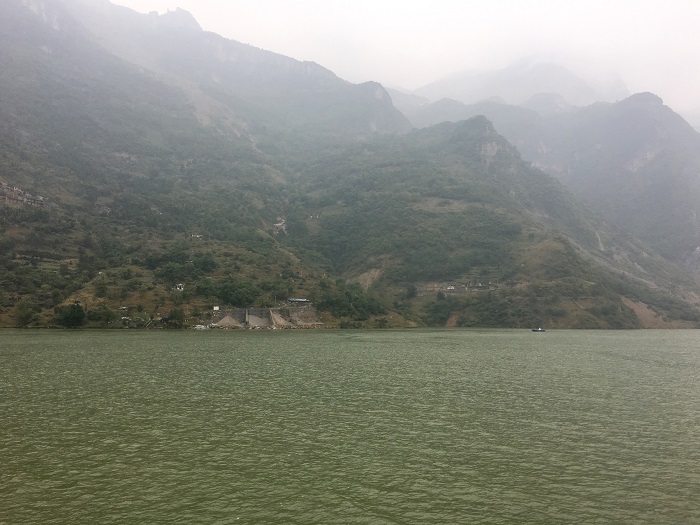
Climate change, under the umbrella of environmental justice issues, plays a part in social justice as do so many other growing environmental concerns. While it’s a mild concern in first world countries where it’s only real presence is as a topic of conversation, climate change adversely affects vulnerable communities and creates an increasingly dangerous situation in third world countries. Along with pollution, which research shows is more prevalent in urban areas, these issues are a part of social justice concerns, as the demographic of those affected is, time and time again, that of our most vulnerable communities around the world.
The Presence of Change
Climate change is still, to this day, considered a myth by fossil fuel companies and some politicians, although it is causing very real consequences in areas where it may go unnoticed until it’s too late to effect change. The attempt to reduce the environmental impact we have is all around us: electric cars, recycling bins, even green buildings. However, all of these sustainable practices may not be enough to combat the effect we’ve had on our planet for the last several decades and that we still have each day.
As climate change becomes more prevalent, the raw materials so precious to underprivileged communities, like fresh water and weather that promotes the growth of crops, are becoming less reliable. This creates difficult situations for those involved, increasing their chances of developing illnesses that come from exposure and malnutrition. Business and government decisions continue to put the burden of environmental problems on vulnerable communities that have fewer resources to defend themselves with than better-off communities.
The Government Role
The environmental justice movement started in middle and upper classes with a focus on wildlife preservation and wilderness protection. The focus of environmentalists has shifted largely in the last few decades as minorities and underprivileged groups have joined and created their own groups to bring attention to the issues they want to prioritize, such as infrastructural changes that favor impoverished communities in urban areas. The individuals involved in the environmental movement often dedicate a portion of their lives to try to implement change that will benefit their communities.
However, without the reinforcement of government implemented policy, these efforts are not protected and may not have long-term effects. The Environmental Protection Agency is in charge of policy development responsible for protecting people and their environment; but they are not above influence. The Obama administration mandated a comprehensive government review of asbestos products — a review that, in October of 2017, was scaled back by the Trump Administration to enforce the chemical review on only a few hundred tons of asbestos each year, rather than the 8.9 million tons of asbestos estimated to exist in the U.S.
It’s no doubt that environmental issues are social justice issues as well — this is seen clearly through a variety of research studies. Grassroot groups have organized to effect change in their own communities, as well as others, but environmental pollution, climate change and chemical industry risks are concerns that should be regulated for the sake of our underprivileged communities. With the increase of information on environmental justice issues, there may be hope for the issues environmentalists are working to solve.





Leave a Comment